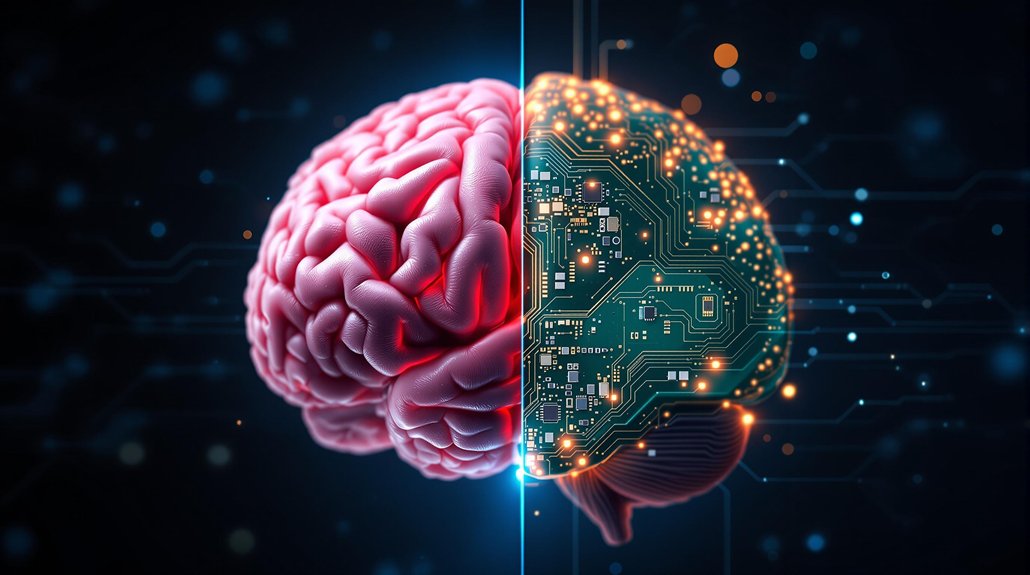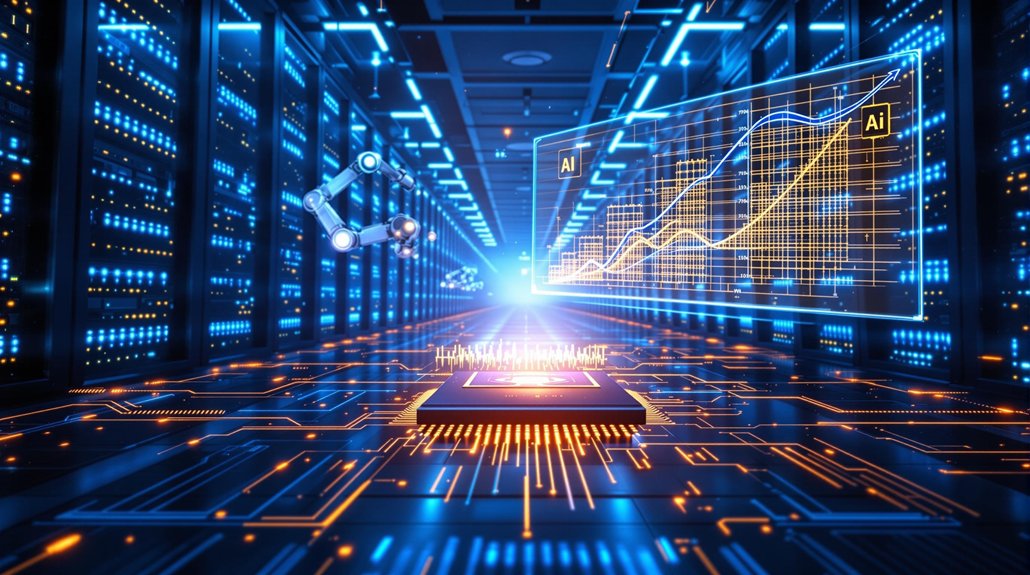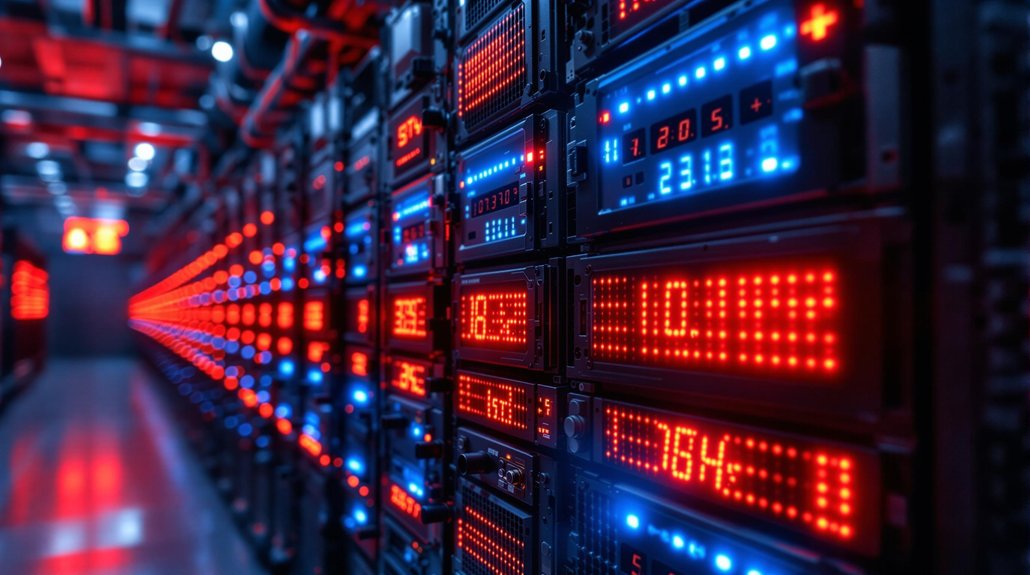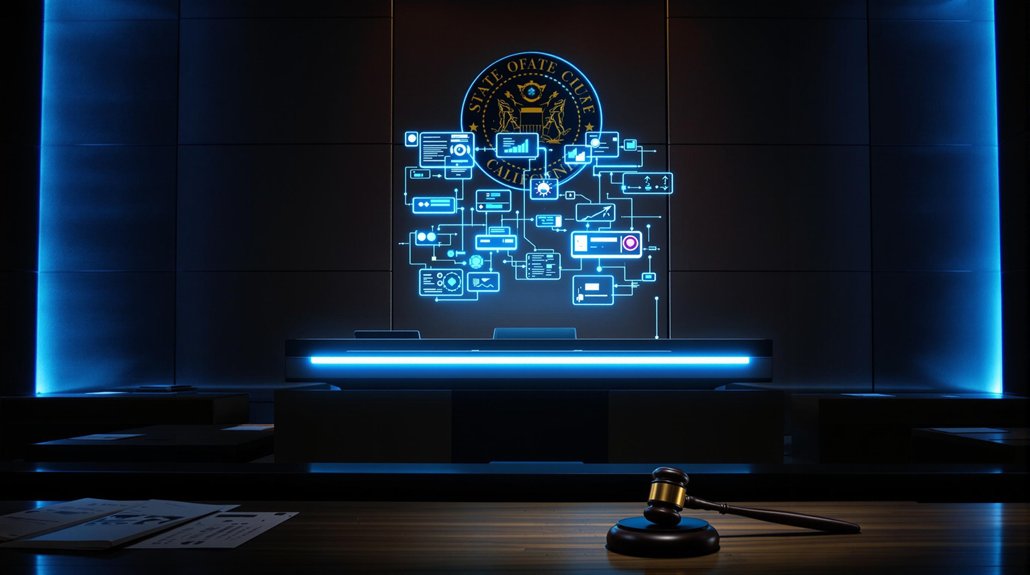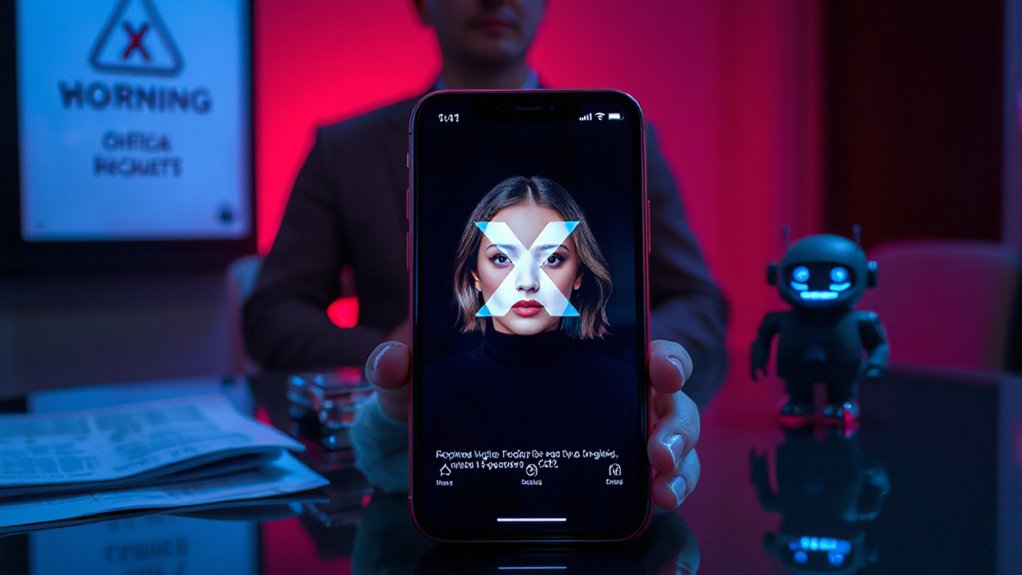Despite common misconceptions, the human brain fundamentally differs from AI. While 78% of people equate AI with programs like ChatGPT, human brains utilize complex biological neural networks that adapt flexibly. Humans learn concepts from single exposures, while AI requires hundreds of repetitions. AI lacks emotions, consciousness, and true creativity – it simply processes data based on algorithms. These distinctions reveal why biological intelligence remains uniquely powerful.
While artificial intelligence continues to transform our daily lives, many misconceptions about AI and how it compares to the human brain persist. Recent data shows nearly 78% of people incorrectly believe AI is equivalent to programs like ChatGPT. This confusion stems from a fundamental misunderstanding of how these technologies operate.
Unlike the human brain, AI lacks emotions, consciousness, and self-awareness. It functions based on algorithms and data processing, not intuition or creativity. Human brains utilize complex biological neural networks that adapt flexibly to various situations, while AI systems remain task-specific despite their impressive capabilities.
Another common myth is that AI will eliminate most human jobs. The reality is more nuanced. AI automates certain tasks but also creates new job opportunities. About 48% of companies now use AI to manage large data sets efficiently. Rather than replacing workers entirely, AI often assists them by handling routine tasks, allowing employees to focus on strategic and creative work.
The fear that AI is self-aware and dangerous persists among 56% of people surveyed. Current AI technology operates strictly within programmed parameters without autonomous desires or goals. AI remains a tool controlled by human developers and users. Responsible AI development requires ethical frameworks that embed fairness and transparency throughout the entire AI lifecycle.
Learning processes also differ considerably between humans and machines. People can learn concepts from single exposures, while AI requires multiple iterations. The human brain configures neurons effectively before adjusting connections, preserving existing knowledge. Biological brains show remarkable efficiency by learning new information with just a single exposure, unlike AI systems that need hundreds of repetitions to learn the same information. AI systems modify connections directly, sometimes interfering with previously learned information.
Despite what almost 74% of people believe, AI doesn’t possess true creativity. It generates outputs based on existing data patterns without emotions or imagination. Human creativity involves complex cognitive processes beyond current AI capabilities. Interestingly, 76.62% of Americans incorrectly believe that AI operates as an incomprehensible “black box” when in reality these systems are complex but can be understood with proper education.
Importantly, AI isn’t a monolithic technology. It encompasses various distinct systems from narrow task-specific applications to more general tools. As AI continues to evolve, understanding these differences becomes increasingly important for realistic expectations about its capabilities and limitations compared to the remarkable human brain.
